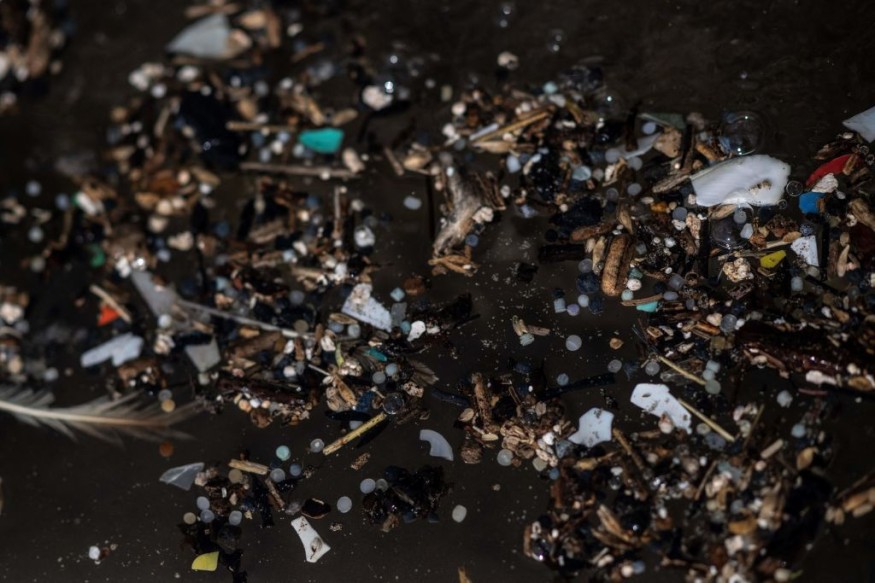All of the human semen samples examined in the study included microplastic contamination, and the researchers state that more investigation into the possible impact on reproduction is "imperative."

Significant Concern
Men's sperm counts have been declining for decades, and 40% of low counts are still unaccounted for, despite numerous studies linking chemical pollution to the decline.
A new and concerning aspect of this problem has been revealed by recent research from Qingdao University: microplastics have been found in human semen, specifically within the human body.
The 40 semen samples came from healthy men in Jinan, China, who were having premarital health examinations.
Eight different kinds of plastic were found in these samples, including polystyrene, which is often used to make packing foam, and polyvinyl chloride (PVC), which is commonly used in plumbing systems.
Like air pollution particles, the particles might be inflaming tissue, or the plastics' compounds might be harmful. Doctors issued a potentially fatal warning in March after discovering that individuals with blood vessels tainted with microscopic plastics had a significantly increased risk of stroke, heart attack, and early death.
According to the study, sperm motility was lower in those whose semen contained PVC microplastics than in those whose semen contained only polystyrene microplastics.
This research raises the possibility that exposure to microplastics-PVC in particular-and the current global drop in reproduction rates are related.
The researchers warned that the widespread presence of these contaminants is alarming, mainly due to the implications they may have on male reproductive health. The possible health impacts of microplastic exposure are a major concern raised by this research, especially in light of the health and fertility of males.
Microplastics have been linked to abnormalities, hormone disturbance, and a decreased sperm count in mice, according to recent studies.
Another recent study reveals six out of ten healthy young men in Italy had microplastics in their semen, while another study says half of 25 samples from China had the pollutants.
Read Also : Microplastic Pollution Could Lead to Environmental Risks in Dhaka's River and Lakes, Study Reveals
Effect On Health
Recent findings of microplastic contamination in human blood, placentas, and breast milk also point to a pervasive contamination of people's bodies. Although the effect on health is yet uncertain, microplastics have been demonstrated in lab settings to harm human cells.
Many of the millions of tons of plastic debris that are discarded into the environment eventually degrade into microplastics. All around the world, from the top of Everest to the deepest waters, these have contaminated the environment. It has been documented that humans inhale the microscopic particles as well as ingest them through food and drink.
Ning Li of the Qingdao University in China said that the emerging research increasingly implicates microplastic exposure as a potential factor impacting human health, understanding the extent of human contamination and its relation to reproductive outcomes is imperative.
Luigi Montano of the University of Rome, stated that intervention is required to halt the exponential rise in plastic garbage. A United Nations deal to control plastic and reduce pollution is being negotiated by more than 180 countries.
Related Article : Microplastic Pollution Also Affects Reproductive Health Following Discovery of Particles in Human Testicles [Study]
© 2025 NatureWorldNews.com All rights reserved. Do not reproduce without permission.





